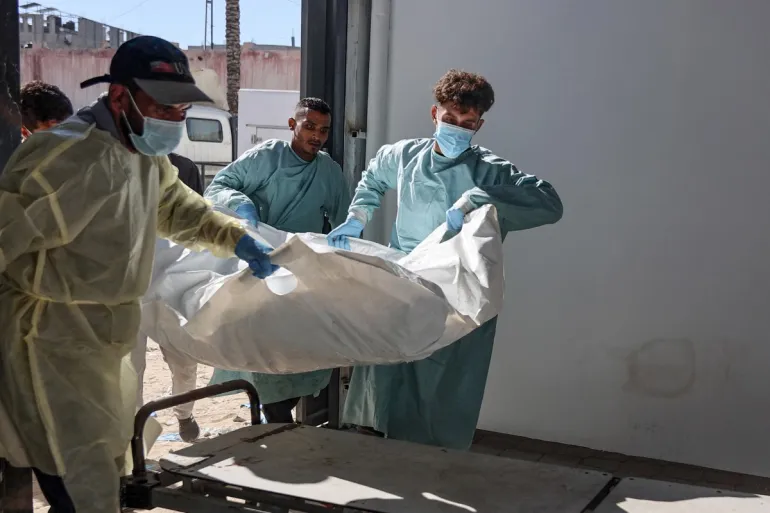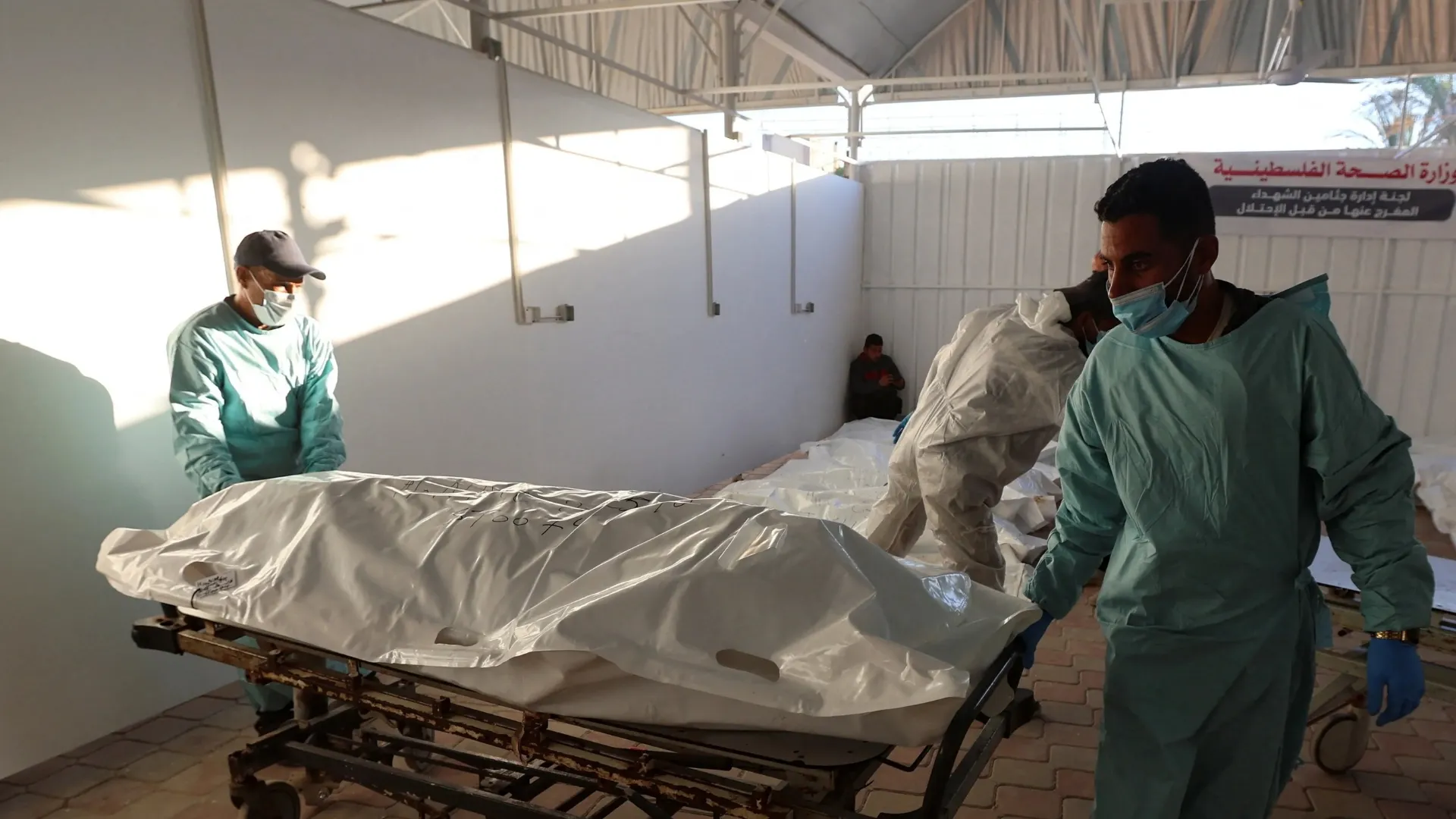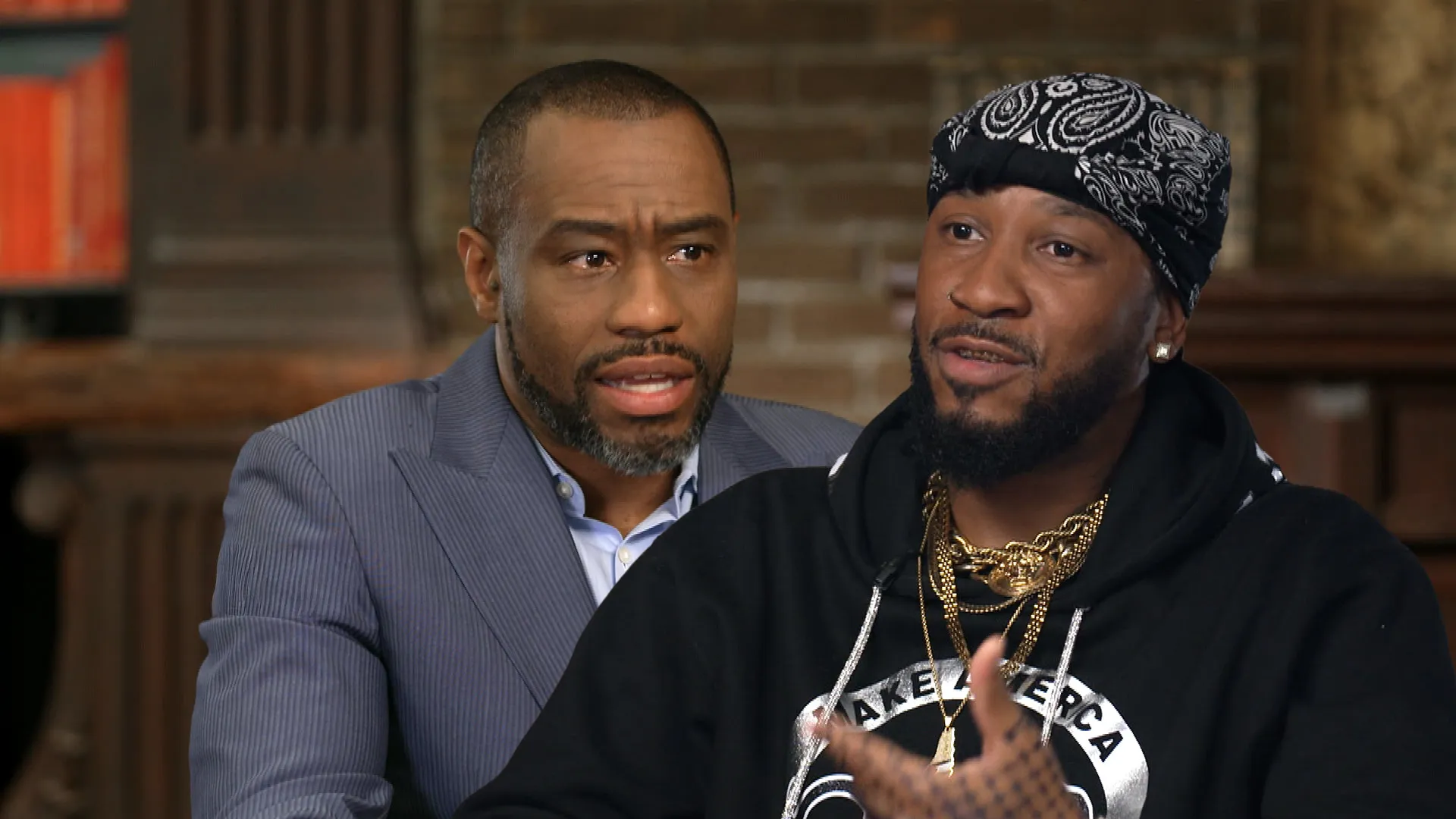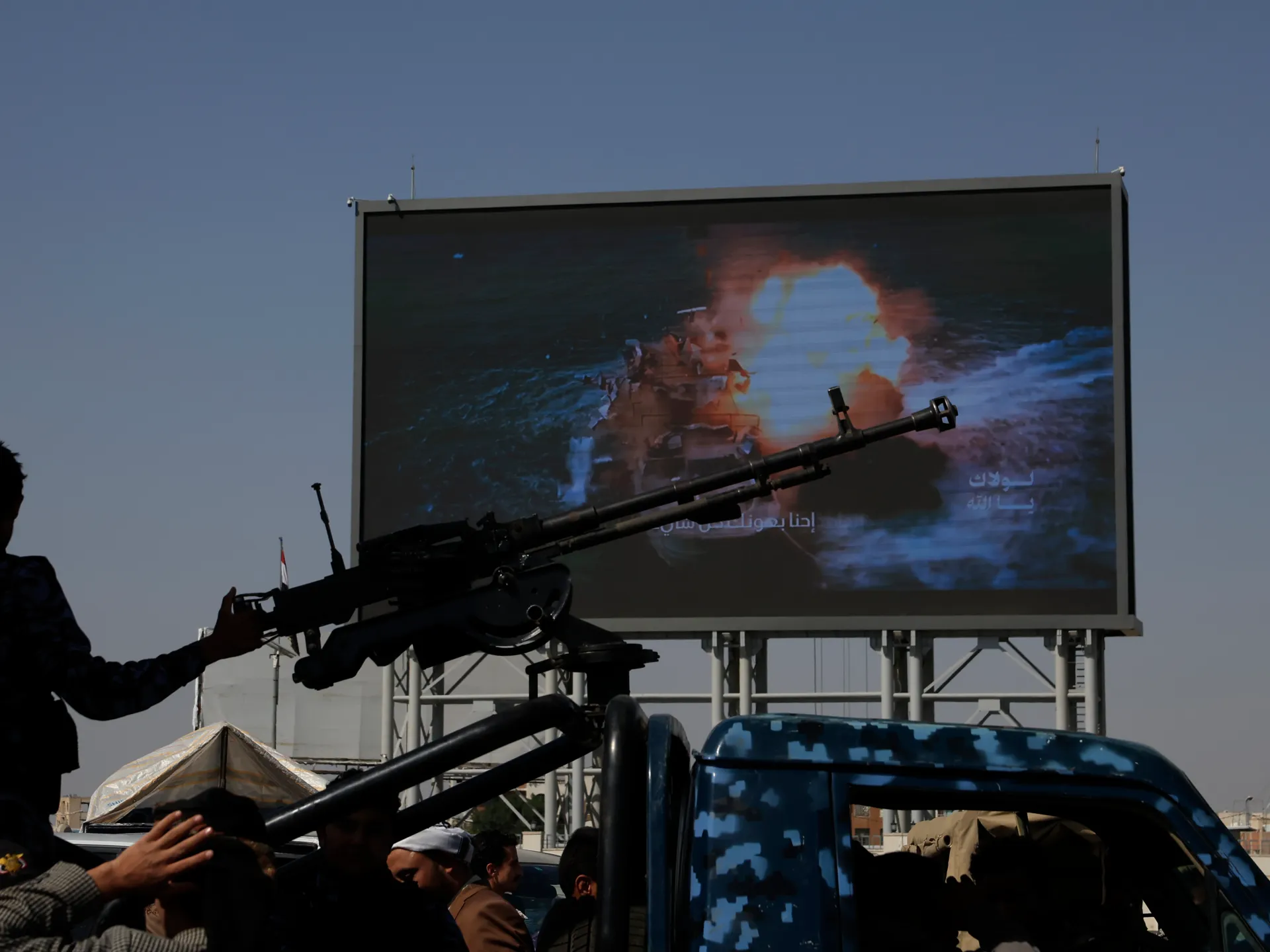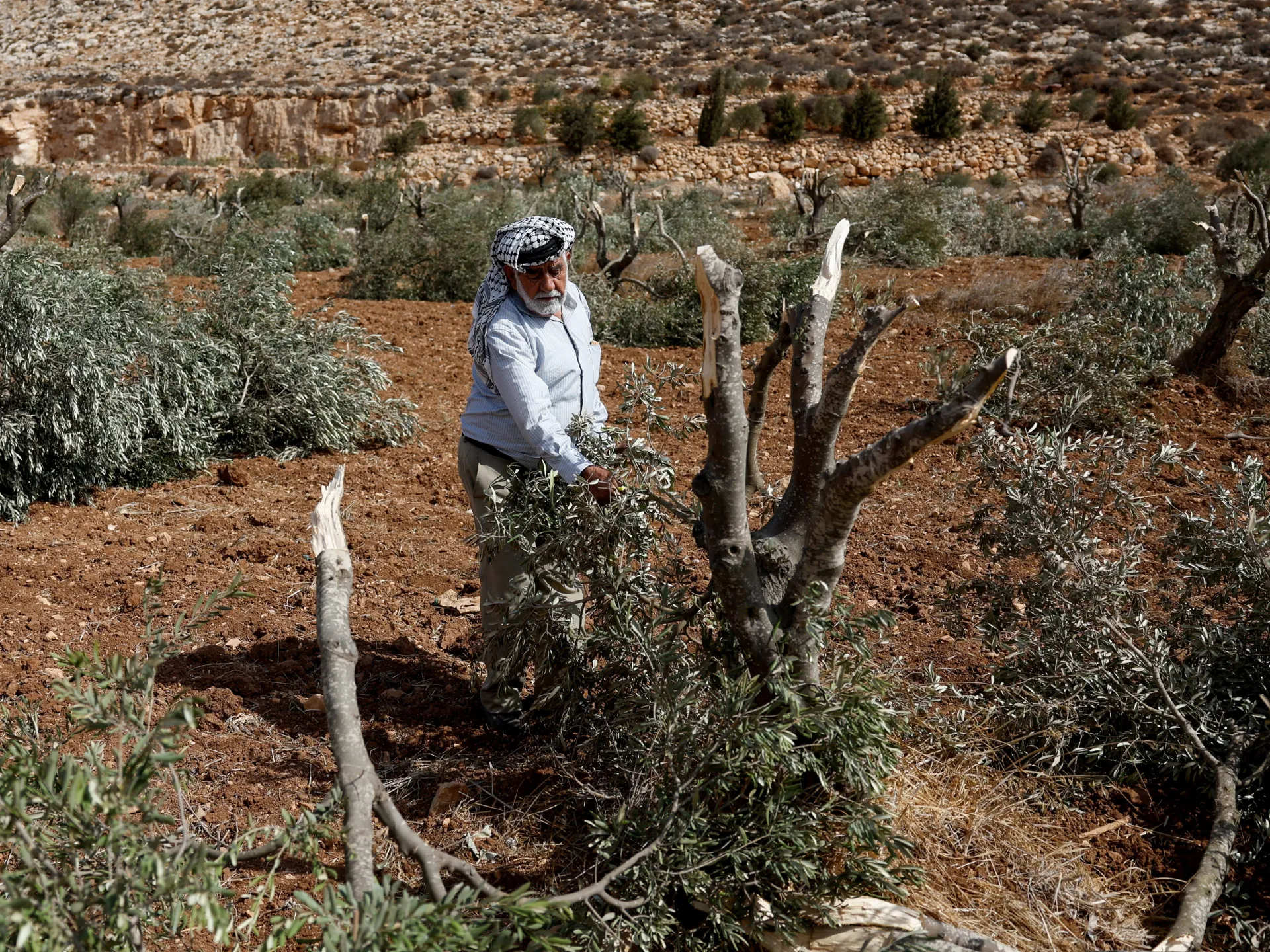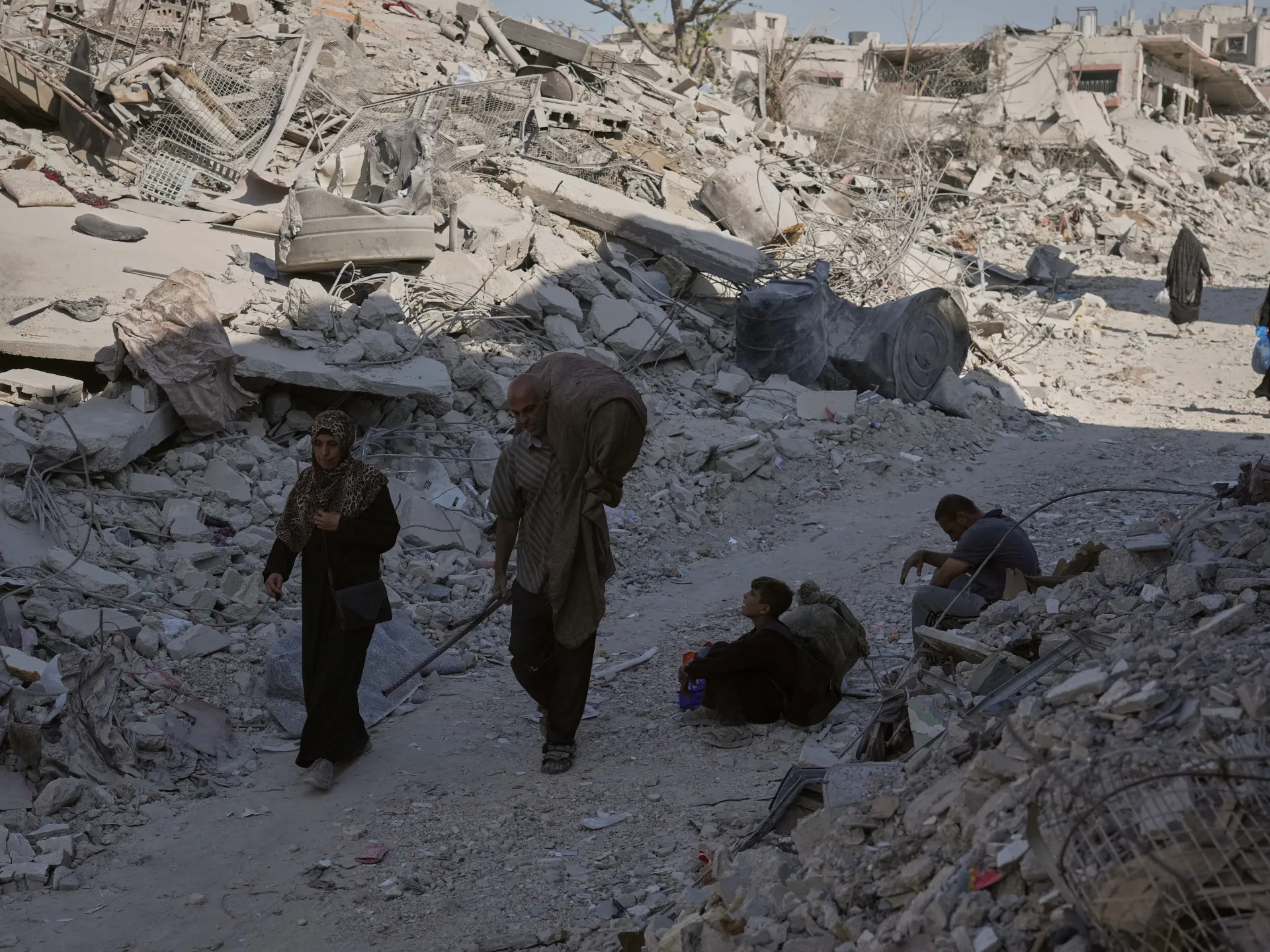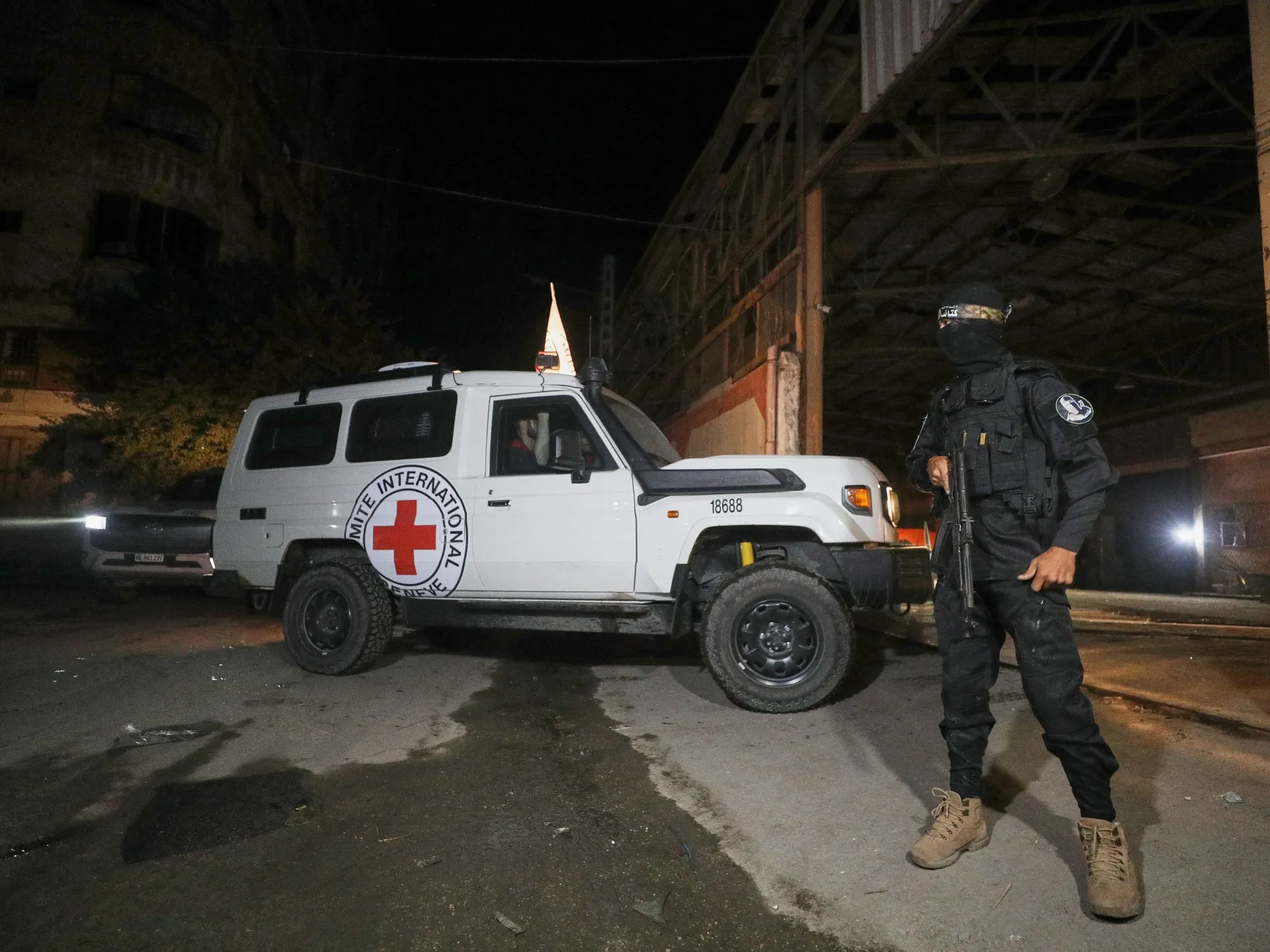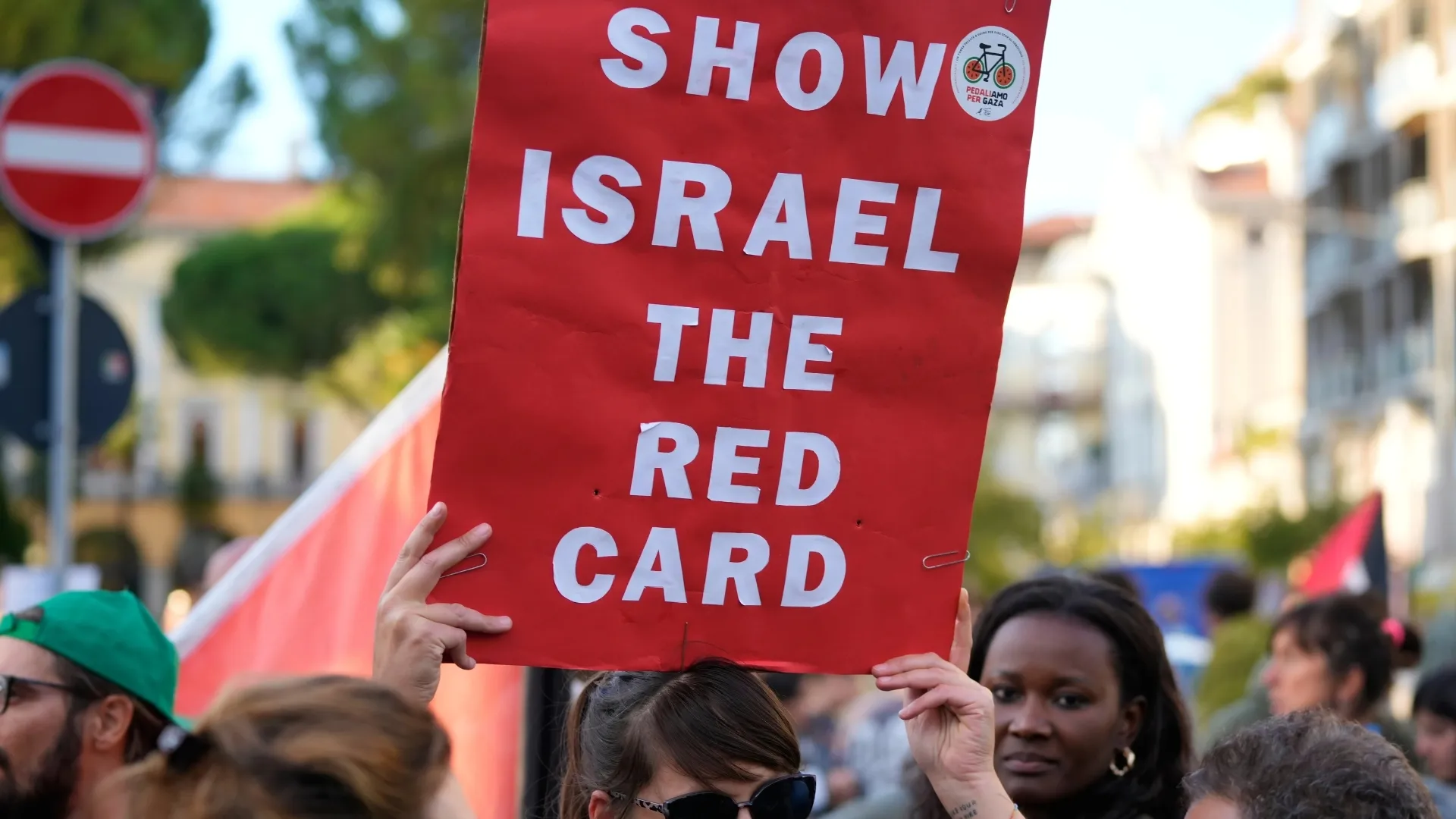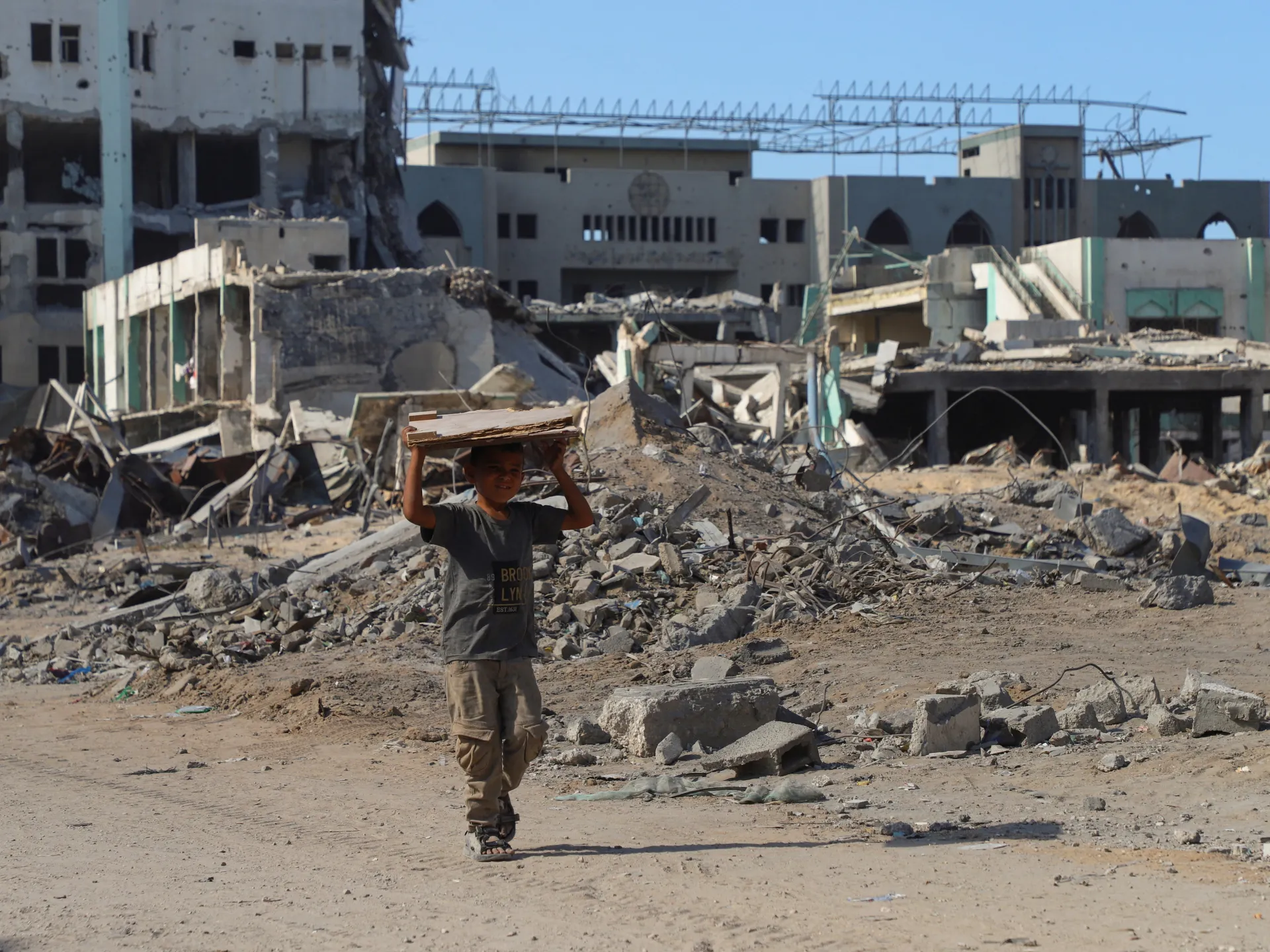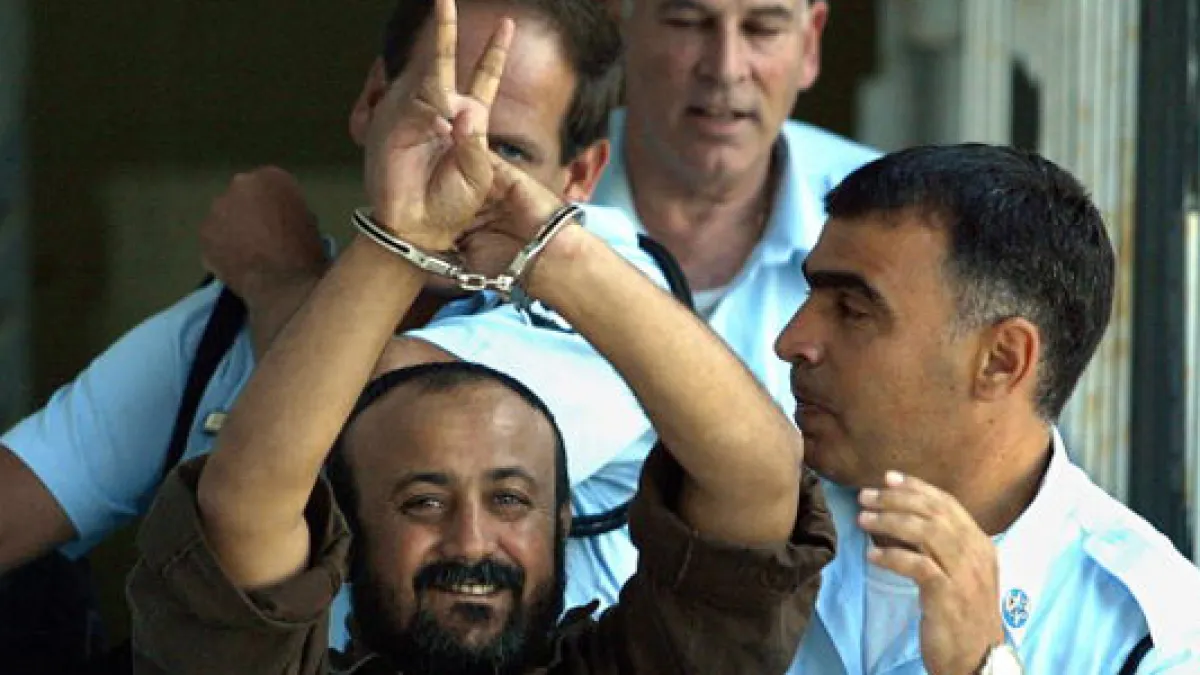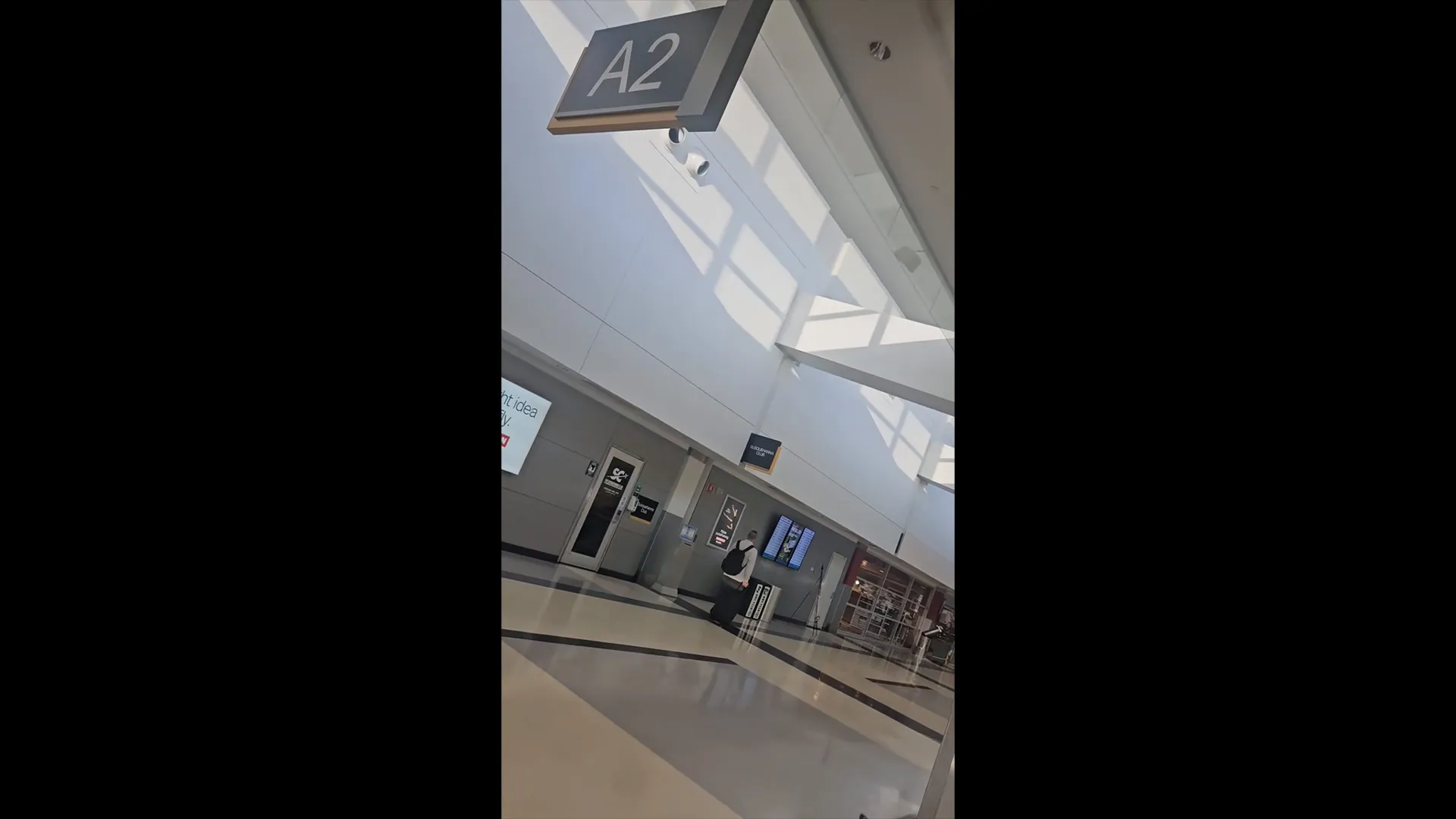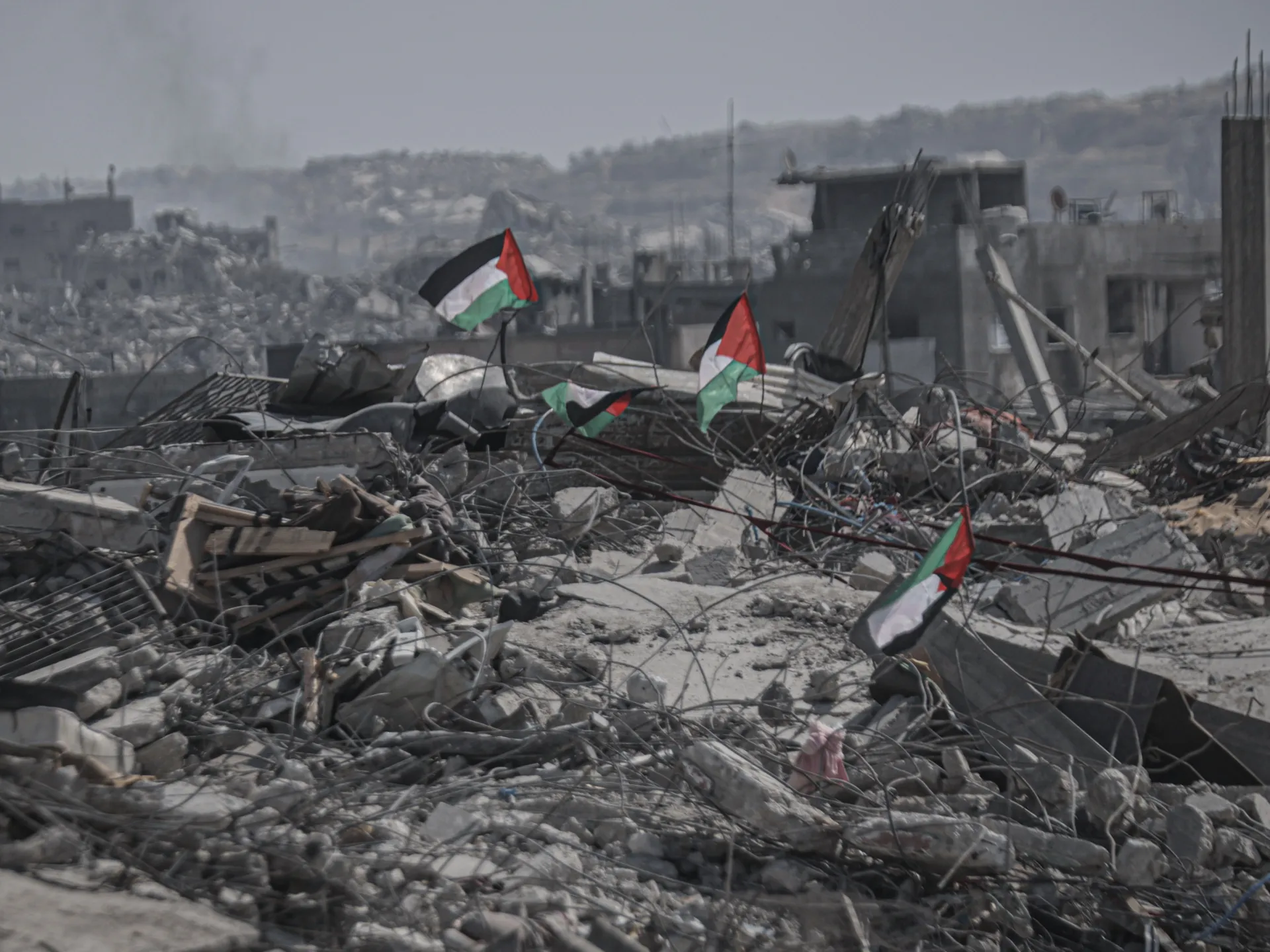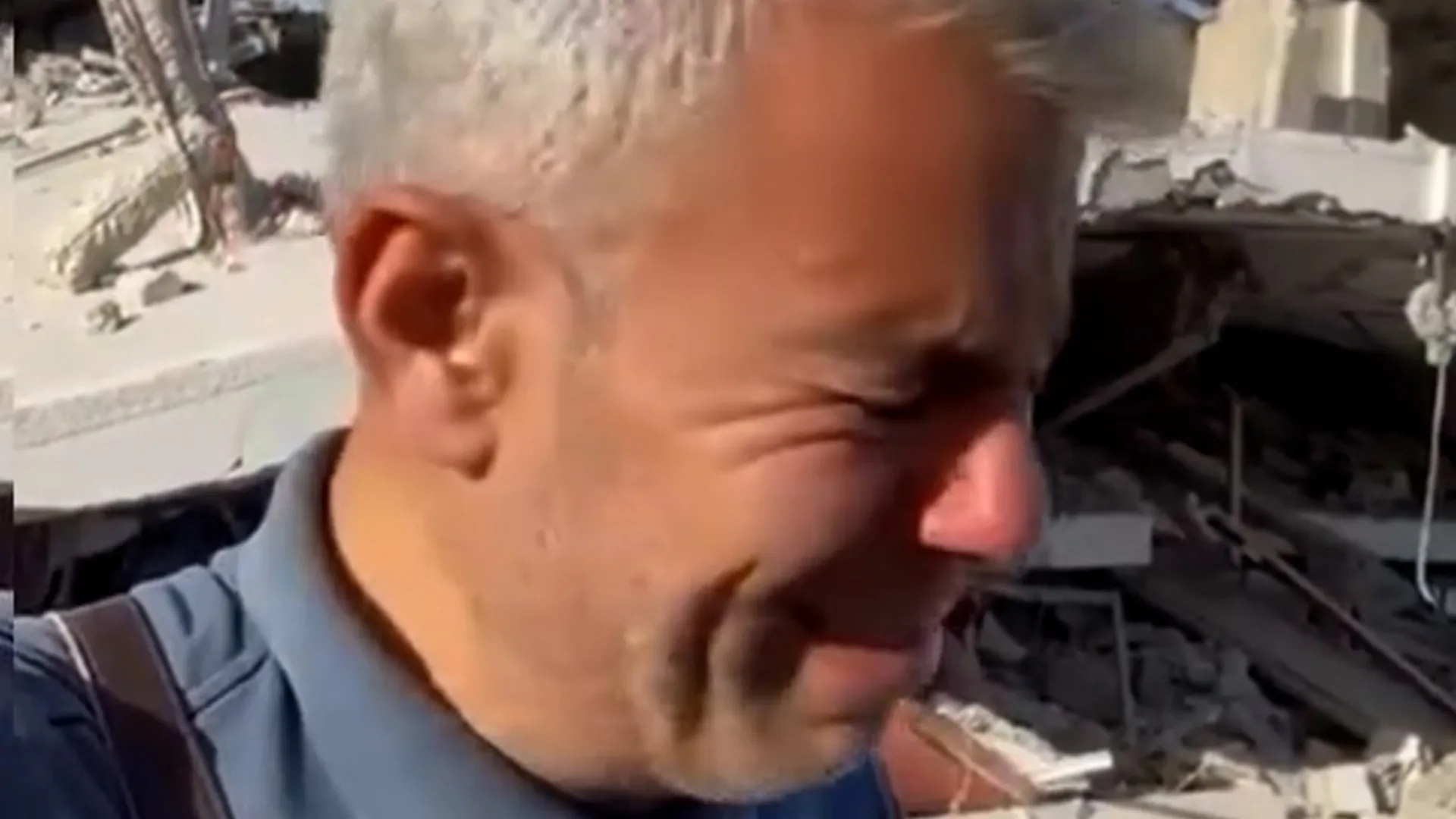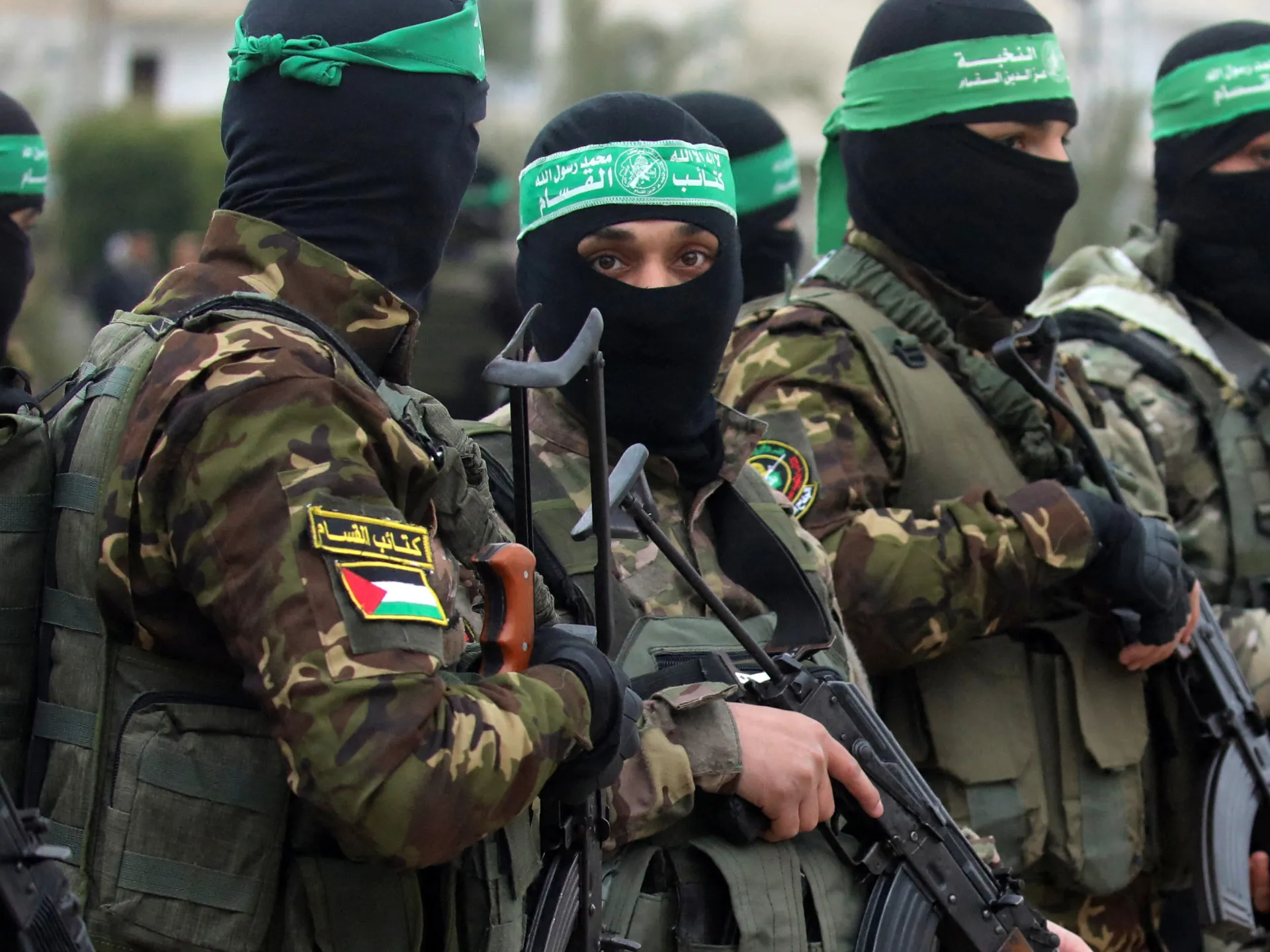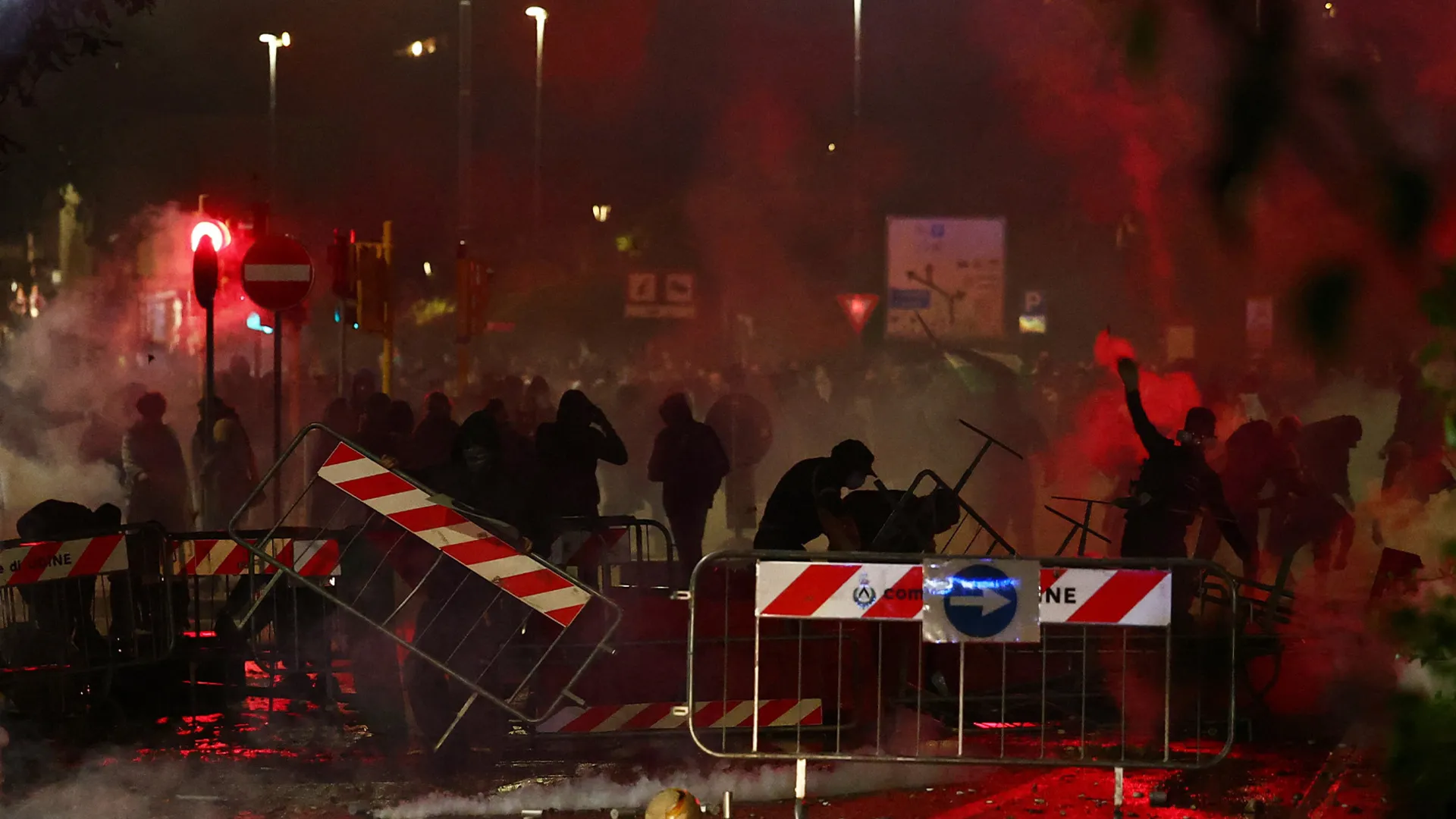Hamas returns bodies of two more captives, says Israel violating ceasefire | Israel-Palestine conflict News
Hamas has turned over the remains of two more deceased Israeli captives from Gaza, the office of Israeli Prime Minister Benjamin Netanyahu has announced, as the Palestinian group accused Israel of continuing to commit ceasefire violations and repudiating the commitments made to peace mediators.
“Israel has received, via the Red Cross, the bodies of two hostages”, which were returned to Israeli security forces in Gaza, Netanyahu’s office said in a post on the X social media platform early on Sunday.
Recommended Stories
list of 3 itemsend of list
The prime minister’s office said the families of the Israeli captives have been updated on the return of the remains, although no names have been released so far.
The office said the two bodies have been transferred to the Israeli National Centre of Forensic Medicine, and “upon completion of the identification process, formal notification will be delivered to the families”.
“The effort to return our hostages is ongoing and will not cease until the last hostage is returned,” the prime minister’s office added.
With the handover late on Saturday, Hamas has now returned the remains of 12 of the 28 captives who died in Gaza, a key demand by Israel in the week-old ceasefire deal to end the two-year war.
According to the deal, Hamas was to return all of the Israeli captives – both the living and the dead – within 72 hours of its signing. In exchange, Israel was to release 360 bodies of deceased Palestinians and some 2,000 prisoners.
Hamas has said the widespread devastation in the Palestinian territory and the Israeli military’s continuing control of certain parts of Gaza have slowed the recovery of the bodies of deceased captives.
Al Jazeera’s Hani Mahmoud, reporting from Gaza City, said Palestinian authorities do not have adequate equipment to help with the search for captives’ bodies beneath the rubble of destroyed buildings.
“It’s very difficult, with recovery teams on the ground facing extraordinary challenges. [They have] no bulldozers, no trucks, no cranes and no heavy equipment… to speed up the process and help with the recovery and return of bodies,” Mahmoud said.
Al Jazeera’s Hamdah Salhut, who is reporting from Amman, Jordan, because Al Jazeera is banned from Israel and the occupied West Bank, said that Netanyahu’s government has known “for some time” that the recovery of bodies of captives would be “an incredibly difficult and daunting task”.
Netanyahu, however, has accused Hamas of not doing enough to return the remains of the 28 and that all of the bodies need to be returned immediately, Salhut said.
“Until that happens, that’s when Israel is going to honour more of the commitments of the ceasefire, like letting in more humanitarian assistance, talking about opening the Rafah border crossing,” she said.

For days, Hamas and Israel have traded blame over violations of the US-mediated ceasefire.
On Saturday, Hamas accused the Netanyahu government of “fabricating flimsy pretexts” to not follow through on its commitments to the peace deal, as well as denouncing Israel’s refusal to open the Rafah crossing with Egypt as “a blatant violation” of the agreement.
On Friday, Israeli forces killed 11 members of a single family, including seven children, in an attack east of Gaza City.
The Palestinian Embassy in Egypt announced earlier on Saturday that the Rafah crossing, the main gateway for people in Gaza to leave and enter the enclave, would reopen on Monday.
But Netanyahu said the border crossing would remain closed until Hamas hands over the bodies of all the deceased Israeli captives.
The delivery of humanitarian aid into Gaza also remains slow despite the ceasefire deal.
On Saturday, the United Nations agency for Palestinian refugees, UNRWA, said it had enough humanitarian food supplies to feed Gaza for three months, but trucks carrying the life-saving cargo are unable to enter Gaza and are stuck in warehouses in Jordan and Egypt.
“We must be allowed to get all this aid into Gaza without delay,” UNRWA said, adding that it also has equipment to provide shelter to as many as 1.3 million people.
